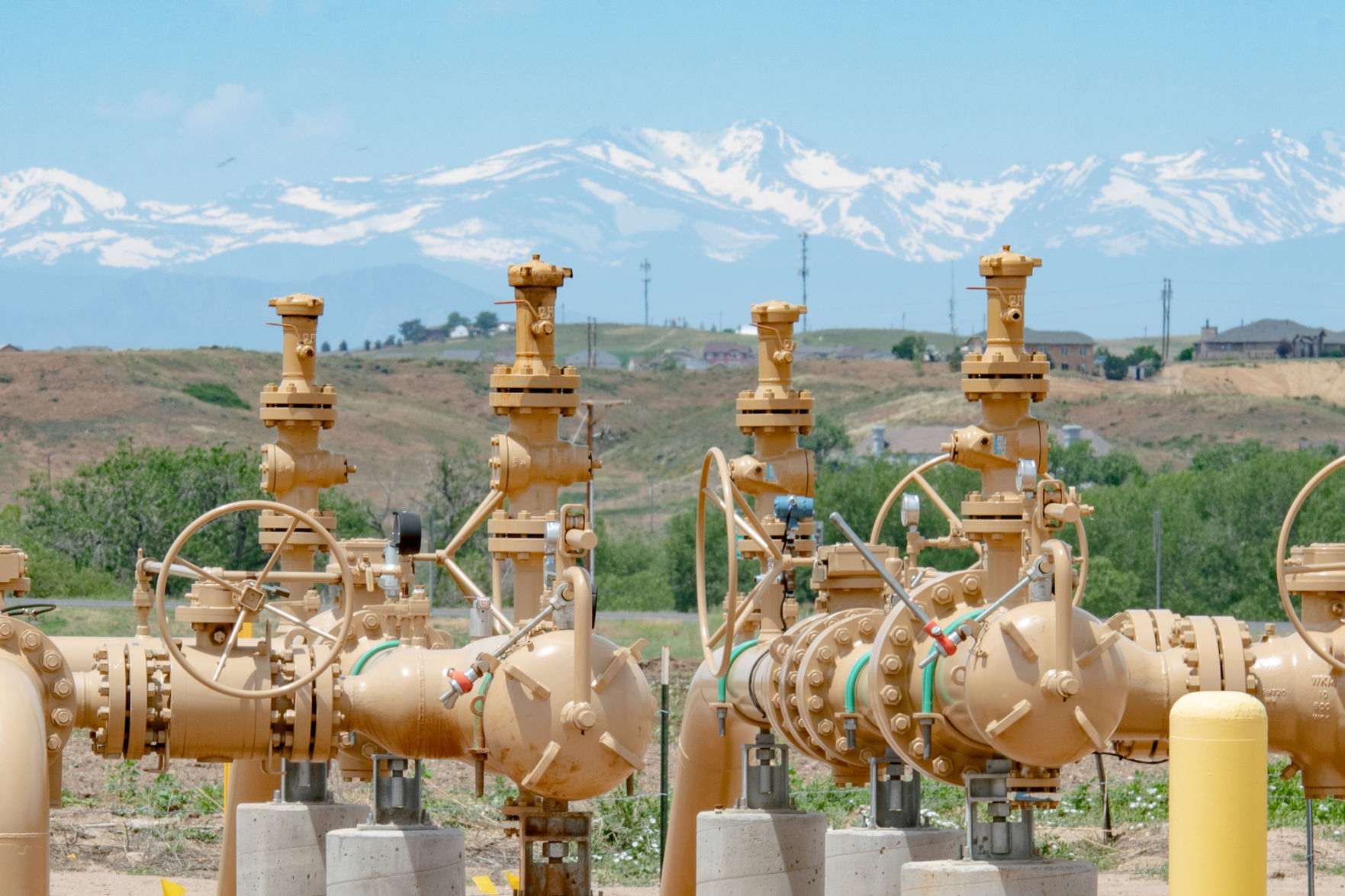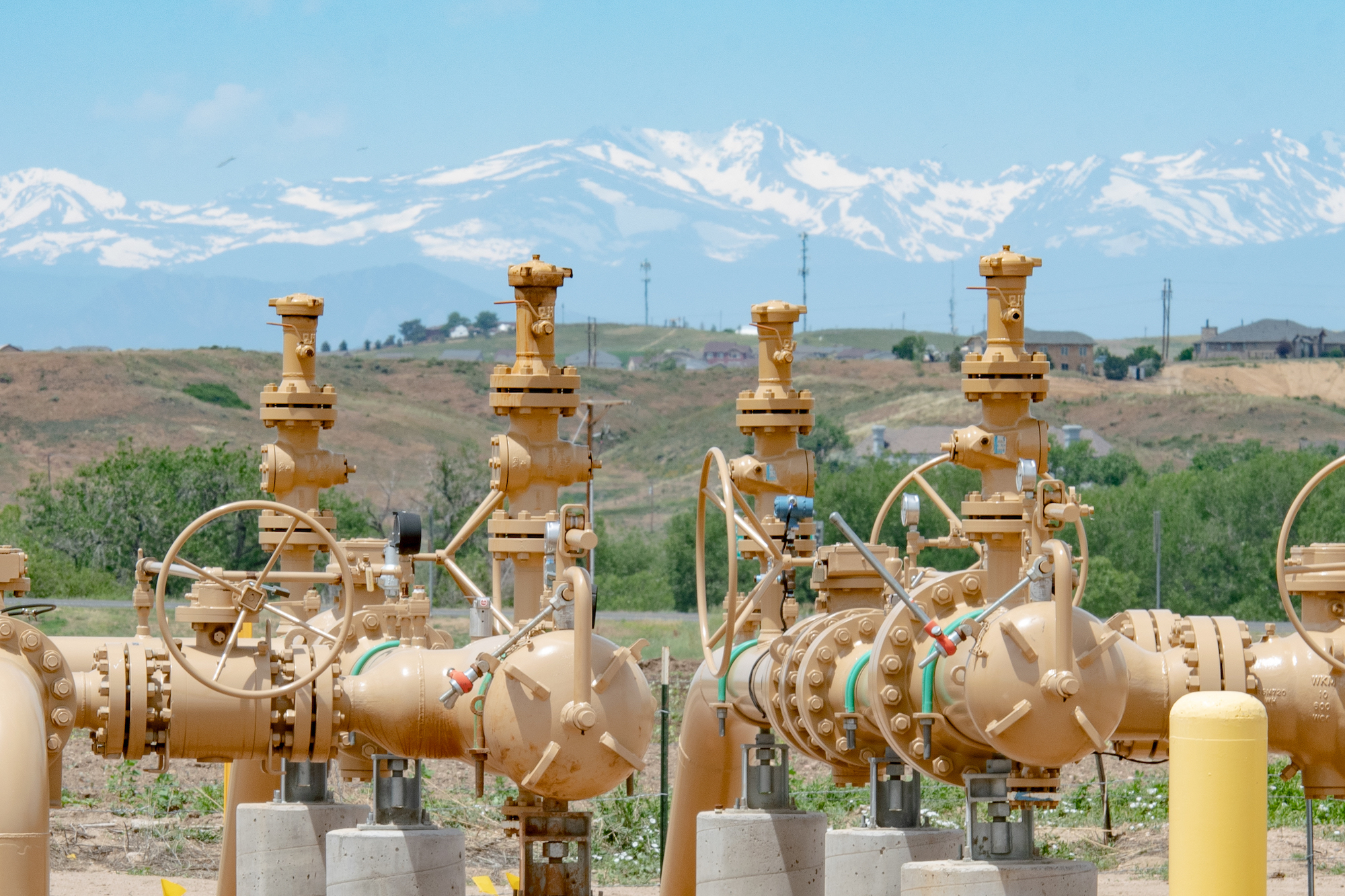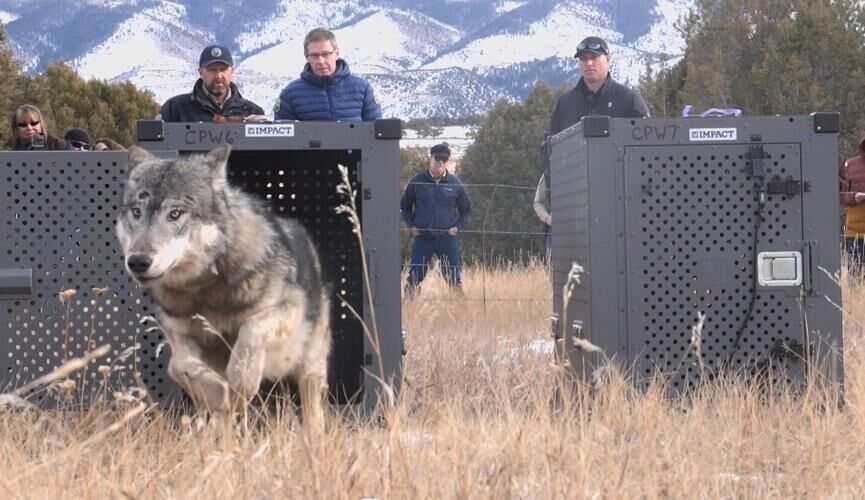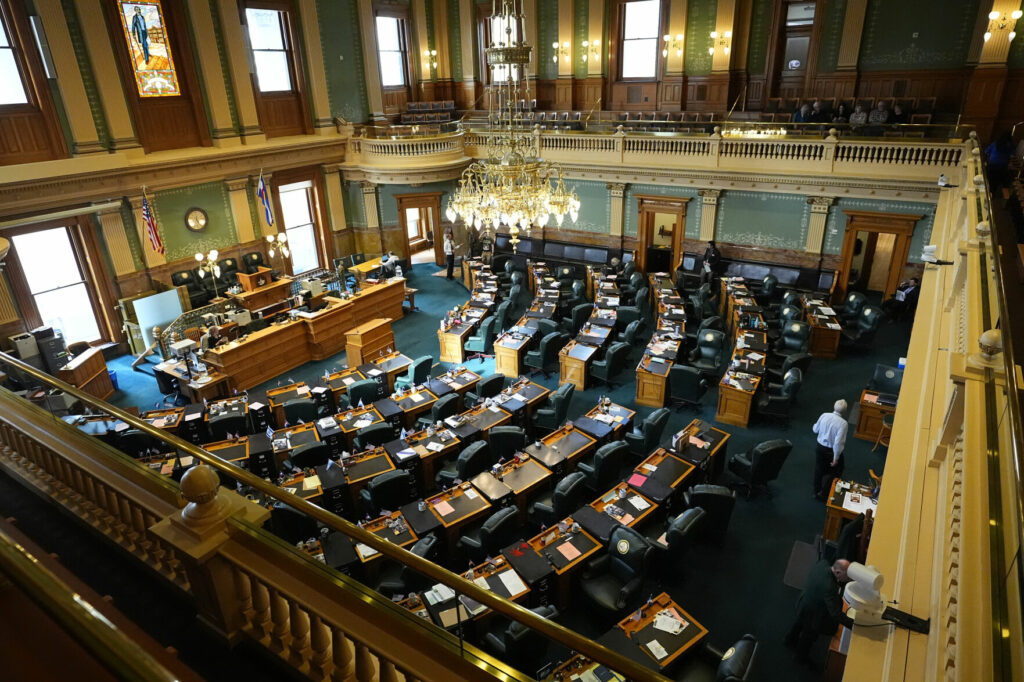Fears of contamination to Aurora Reservoir voiced by area residents

A plan to drill oil and gas wells on state-owned land east of the Aurora Reservoir in Arapahoe County raised the ire of residents to the west.
Angry subdivision residents southwest of the reservoir are trying to stop Civitas Resources from drilling up to 191 horizontal well bores from 16 drilling pads on more than 63 of the 100 square miles of the former Lowry Air Force Base bombing and gunnery range.
Environmental groups sues Colorado over permit to burn petroleum fumes
When Kevin Chan found out about the drilling plan he started a Facebook page called Save the Aurora Reservoir to inform community residents what Civitas is planning. According to the page, Civitas is soliciting mineral leases from residents in subdivisions in the southeast corner of Aurora who still own the mineral rights under their land.
The website claims that local residents are being presented with “half-truths and inconsistent research to secure leases,” but does not specify what those half-truths are.
Proposed Utah railroad causes consternation in Colorado
According to the website, Civitas filed a Comprehensive Area Plan application with the Colorado Oil & Gas Conservation Commission in late October, but no permits have been either been applied for nor issued.
Chan started a GoFundMe Nov. 9 which has collected $4,193 from 100 donors to “buy yard signs, print flyers, and inform our community what is happening.”
“We, the residents of Aurora are deeply concerned with how close oil companies want to frack near our reservoir,” according to the GoFundMe. “We have seen too many news stories about oil companies contaminating our water. We will not be the next Hinkley or Dimock. We will not have our water contaminated by various oil extraction activities.”
Civitas spokesperson Rich Coolidge, in a statement to The Denver Gazette Wednesday, said: “There is a wealth of information that consistently dispels any concerns related to water quality. To be clear, Colorado operators use redundant layers of steel and waterproof cement to protect the wellbore. In addition, over a mile of impermeable rock separates the wellbore from aquifers and groundwater.”
The information Coolidge spoke of is on the Colorado Oil and Gas Association’s website www.coga.org.
“The wells are routinely pressure tested until they are plugged and reclaimed, which confirms they are also sealed,” Coolidge said.
According to the Colorado Oil & Gas Association the state requires – in addition to groundwater testing – structural wellhead and wellbore protections known as casings.
GUEST COLUMN: Drilling project is no deal for Aurora
“As rig crews drill to different depths, they install steel casings and cement around the production tubing and then pressure test those protections to ensure proper installation. In Colorado, at least two layers of waterproof cement and steel casing are required around the production tubing to separate the wellbore from aquifers,” according to the COGA website.
“These same claims were put to rest over a decade ago and the fact remains Colorado has been a global leader developing our natural gas and oil safely and have been on the cutting edge of our water monitoring and protection protocols,” Coolidge said. “We would encourage interested residents to look to our regulatory leaders and safety professionals to confirm the data and the protections in place.”
Megan Castle, spokesperson for the Colorado Oil & Gas Conservation Commission, told The Denver Gazette Wednesday that the Civitas application is “in its early stages” of processing, and that there will be outreach and opportunity for comment by citizens, municipalities and others as it moves through the review process. More information can be found at the commission’s website www.cogcc.state.co.us
Attempts to contact a representative of Save the Aurora Reservoir were unsuccessful.














